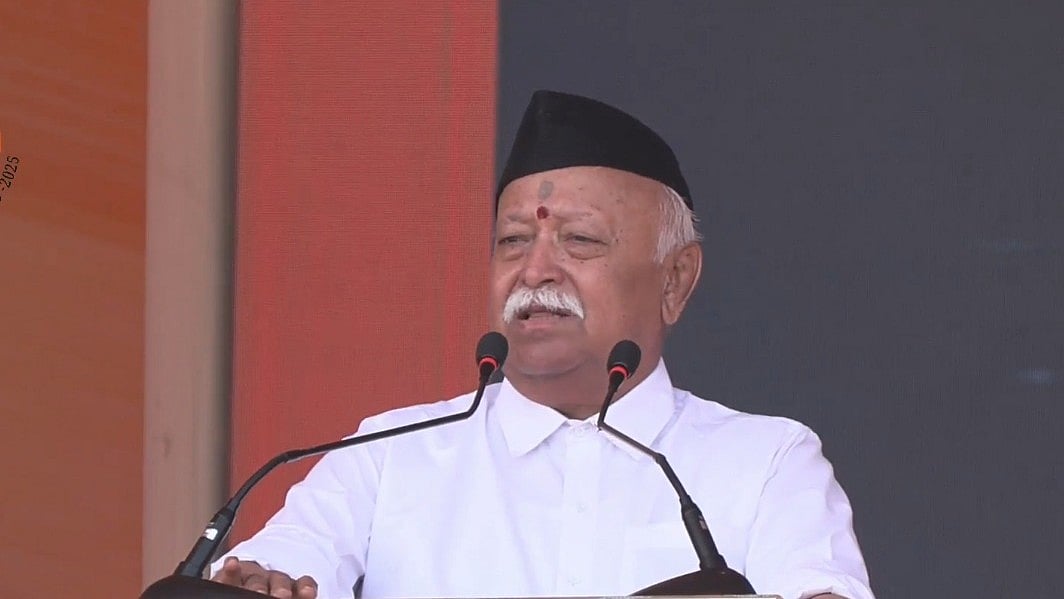It is almost a year since the Covid pandemic began in Wuhan, China. Believed to have been transmitted from bats via wet markets in Wuhan to local populations – it quickly jumped cities, countries, and continents, leaving devastation in its wake. As countries across the world went into lockdown to prevent the pandemic from killing people, the economic consequences of Covid became as deadly as the health consequences. Across the world, factory lines, schools, universities, manufacturing hubs, retail chains, hotels, resorts, cafes, small shops, and many others began falling silent. Millions lost their jobs, millions lost their livelihood and with the global recession imminent, it is likely that millions more will be at risk.
The attack on the world economy could not have been better, had it been plotted by a fictitious terror group in a summer blockbuster movie. The world economy almost came to a screeching halt and it shows. Globally, unemployment figures are up, GDPs have shrunk, and despite government initiatives to provide stimulus, the economic road ahead looks fraught with speed bumps and pits.
As nations try to get their economy out of the doldrums, companies are gearing up to deal with a new normal. Consumer behaviour displayed a major seismic shift during the lockdown. A recent report by McKinsey deep-dives into the new normal of consumer behaviour, especially in the light of many activities that were earlier conducted in person but have now moved online. As more and more of our activities move online, there are tremendous implications on real world businesses.
For instance, what happens to the salon near your house, or the sandwich shop that served the office-going crowd (which has now moved to a work from home mode). What happens to the resorts that depended on conferences, or small boutique hotels that depended on tourism? How do universities get geared for more virtual education, and how do conference organisers get geared for more virtual conferences? With this change in how we behave comes a need for massive reskilling of the existing workforce of many organisations; as well as the need to skill fresh graduates with skills needed for the new normal.
The rate at which consumers are adopting technology is at break-neck levels - To cite a simple example, take the visible increase in digital payments across the board. The pandemic has achieved for India what demonetisation could not. A cashless economy, where everyone from the milkman to the electrician, from the house help to the carpenter is happy to be paid by “cash transfer”. Telemedicine is picking up, and patients are consulting doctors via WhatsApp calls, followed by a ‘cash transfer’, to complete the transaction.
A recent World Economic Forum report on the Future of Jobs looks at the massive investment needed to reskill employees and contractors and skill new graduates to cater to the demands of the post-Covid customer. As more of us use more technology for everyday transactions, the need for physical offices may come down. For example, would a bank need so many branches if most customers transact online? While some employees will continue in the new normal, what will happen to the remaining employees, whose roles were annihilated by the pandemic and the pace of technology adoption in the face of the pandemic?
According to the report, 85 million jobs worldwide will be destroyed by the adoption of technology. And the tasks performed by machines and humans would be equal. However, the report predicts, that 97 million new roles – that do not currently exist today – would be created that would need skilled staffers.
And, therefore, when the Government of India is looking at providing stimulus to industry to revive, it needs to keep a slightly longer time horizon in mind. It needs to look at the next 4-5 years and plan for the economy that will emerge then. And, for this, the it must get into a consultative mode. It needs to catalyse meetings between ministers, skills training institutes and industry, to enable the creation of a new skills framework that will allow us to ensure that India is geared to compete when it comes out of the recession caused by the pandemic lockdown. The current Skill India movement possibly needs a rehaul, to align with the needs of the industry in the new normal. If we are to achieve the target of being a $5 trillion economy, the starting point would be people with the right skills.
The writer works at the intersection of digital content, technology, and audiences. She is a columnist, visiting faculty and filmmaker.










